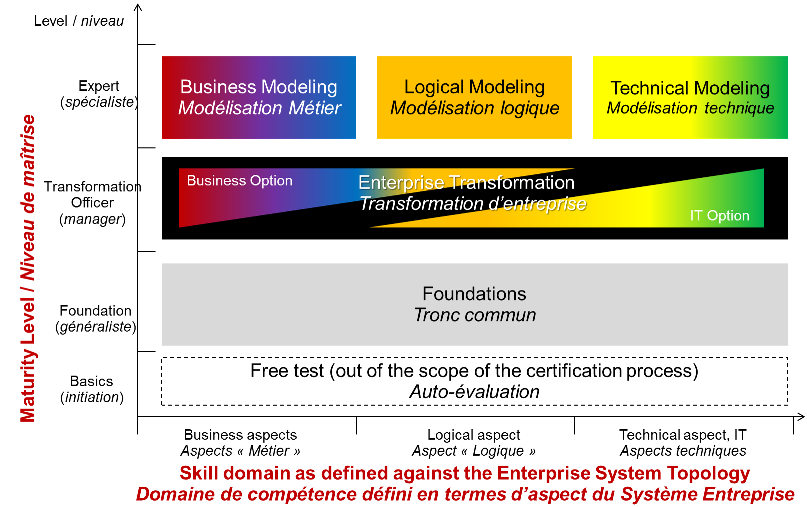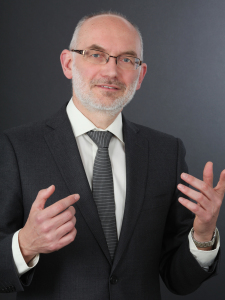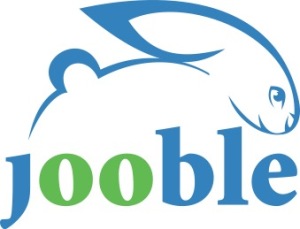If you don’t think that the economic situation justifies the attention given to the topic of transformation, this post is not for you.
If you think that putting a “transformation” label on everything we usually do (projects, strategies, organizations, architectures…), without changing a single thing about how we think about things, this post is not for you.
Compared to classic approaches, enterprise transformation requires a truly interdisciplinary approach. It has to mobilize different skills coming from varied, and usually quite impenetrable, universes. It has to organize how things circulate between the organizational and cultural silos.
Nothing is less natural! In our organizations, everything conspires to stop this momentum. Managers know this more than most. To save the very notion of transformation, we need clearly established reference points. Can we find them in the reference frameworks of customary practices? No, for a very simple reason: these reference frameworks are always, and without exception, the expression of a professional community (IT architects for TOGAF, analysts for BABoK, managers for other reference frameworks, etc.).
They always approach the enterprise from a particular angle and only ever provide an incomplete glimpse of it. By a natural – and necessary – movement, each profession fosters its own doctrine. These reference frameworks remain perfectly useful and commendable, but their use is restricted to a professional body. To serve transformation, we seek a framework that can channel knowledge from a wide range of fields. At the very least, we have to summon all transformational disciplines and get them ready to work together.
It is precisely the mission of enterprise transformation methodology to establish these reference points and to share them between all actors of the transformation. It proposes a common framework, covering the whole enterprise in all its aspects. It is from such a framework that individual contributions can be positioned and articulated together. The synergy within a transformation program can only be created if each person recognizes the other cultural universes and accepts to go towards them.
For a long time, enterprises and HR departments turned to certifications to support their transitions and their requirements regarding professional practices. Indeed, certification makes us objectify skills and evaluate individual capabilities as rigorously as possible. The result is an assurance regarding the capabilities mobilized in the enterprise and in its projects. However, enterprise transformation is a “game-changer”. As the key to transformation lies in interdisciplinarity, certifications developed around a framework of practices, in the context of a profession, are not enough.
This is what leads us to the idea of a certification built on enterprise transformation methodology. The difficulty to overcome is due to the area covered by the method: one single brain cannot contain all the knowledge relating to the enterprise and its transformation. The equation is solved, as shown above, in the qualifying diagram. It contains a common core that increases awareness of the enterprise’s holistic approach and provides common reference points. This corresponds to the level that we expect each actor of a transformation to have, from designer to decision-maker, from strategist to IT worker.
This common core enables us to create the conditions of a collective approach. That doesn’t mean that we can neglect highly specialized skills: they are based on the sharpness of the design and the capability to truly innovate. These skills are the subject of specialized certificates. The criterion of this specialization is none other than the enterprise aspect. This choice is along the same lines as indicated earlier: if we had chosen, as a criterion, the function or the discipline of the actors of the transformation, we would have instinctively fallen into the profession itself, impeding thus the stimulation of interdisciplinarity.
Started in 2013, with APMG International, the development of the certification has resulted in the “Foundations” certificate, the second of the common core. The exam is now available and is offered at the end of the “Praxeme Skills” training course, under the supervision of the Praxeme Institute.
The next session will take place in Paris, from September 15 – 17.
For more details:








